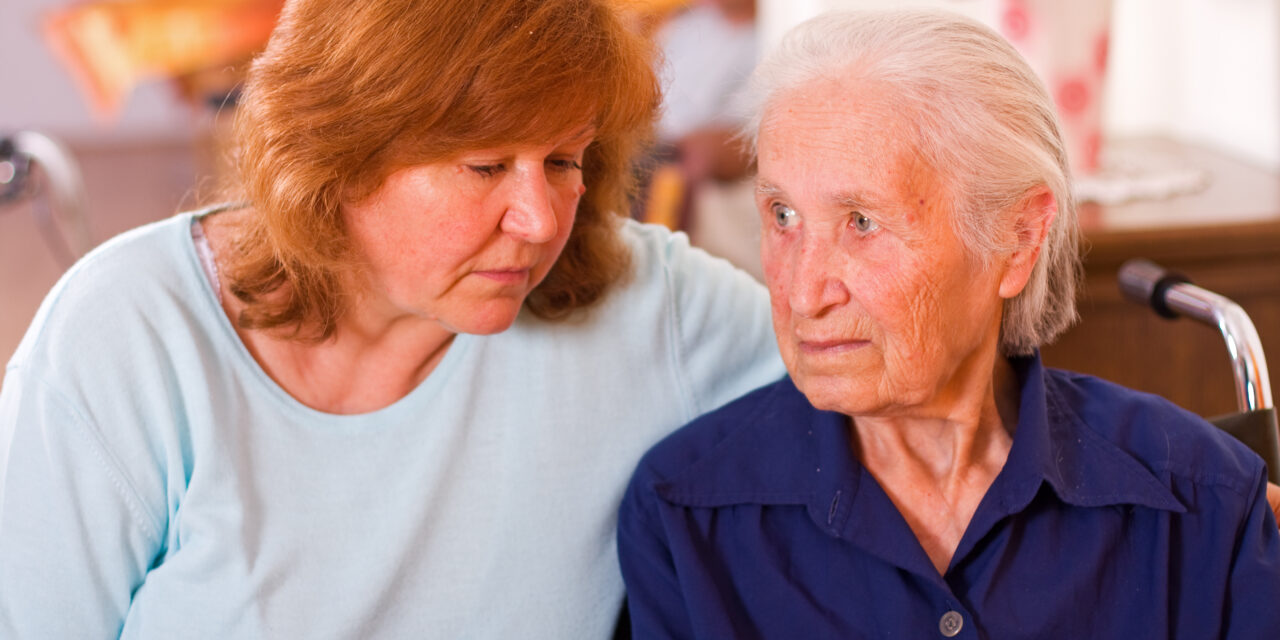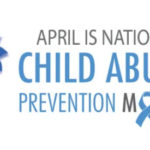Help Is Available to Alleviate Stress and Burnout!
By Annette Pinder
According to Kathleen Flannery, Executive Director of the Upstate New York Chapters of the Alzheimer’s Association, more than 11 million women in the U.S. live with or care for someone living with Alzheimer’s. Also, nearly two-thirds of people living with Alzheimer’s are women.
Caring for someone with Alzheimer’s can be overwhelming. Flannery says, “Nearly half of all caregivers providing help to older adults are doing so for someone living with Alzheimer’s or another dementia, and 83% of help provided to older adults comes from family members, friends, or other unpaid caregivers, of whom more than 60% are women.”
Whether a formal or informal caregiver, researchers know that caregiving can adversely affect a caregiver’s mental and physical health. According to the AARP Public Policy Institute, 17% of caregivers say their health has worsened due to caregiving responsibilities. Older caregivers ages 65 and older say they experience physical strain, fatigue, and caregiver burnout. Since caregiving takes place over several years, its impact can escalate over time. “In fact, nearly 19% of women Alzheimer’s caregivers had to quit work either to become a caregiver or because their caregiving duties became too burdensome,” says Flannery.
The majority of female dementia caregivers say they require counseling or respite care. It is important to recognize the signs of caregiver burnout so that action can be taken to improve the situation. The Mayo Clinic says these signs include constant worry; feeling tired; experiencing changes in sleep; gaining or losing weight; feeling anger; losing interest in activities once enjoyed; feeling sad or depressed; experiencing frequent headaches, pains, or other health problems; misusing drugs or alcohol, including prescriptions; and missing their own medical appointments.
Caregivers can take some important steps to help preserve their own physical and mental health.
- Ask for help. Determine ways others can help, let them know what you need, and accept what they can provide.
- Do the best you can. It is common to feel as though you are not doing enough. Do what you can and know it is adequate.
- Set small goals. Categorize responsibilities into smaller, more manageable tasks. Make lists of what’s important, and move on as needed.
- Rest and sleep. Many caregivers are sleep-deprived. Discuss solutions with your physician.
- Reach out to support groups. There are many local Alzheimer’s and other caregiving support groups available at https://www3.erie.gov/seniorservices/caregiver-support-groups.
- Seek respite help. Taking a break from caregiving can do wonders. Certain adult care centers and skilled nursing homes offer temporary respite care in which a loved one can be dropped off for a night or two or if you want to take a vacation.
If you need help or support, contact the Western New York Chapter of the Alzheimer’s Association at 716-626-0600. You can also call 800-272-3900 for help 24 hours a day. For an Alzheimer’s Program guide, visit www.alz.org/wny/helping_you/program-catalog.












